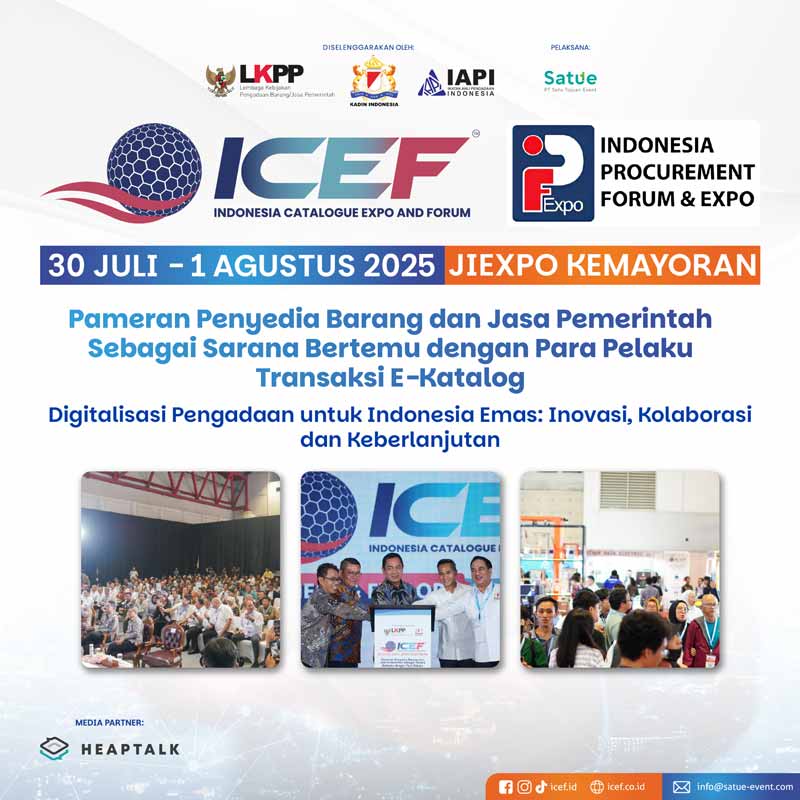Heaptalk, Jakarta — The Indonesian government is preparing to increase import volumes from the United States to address the US trade deficit with Indonesia, following the US imposition of a 32% reciprocal tariff.
In a press conference held in Jakarta on Monday (April 7), Coordinating Minister for Economic Affairs Airlangga Hartarto stated that the U.S. government’s decision to raise import tariffs on Indonesian products was driven by its trade deficit with Indonesia, which currently stands at approximately US$18 billion.
This issue was a central topic during a coordination meeting between the government and representatives from over 100 business associations, particularly those impacted by the U.S. trade measures. Indonesia’s key export sectors—especially food products and ready-made garments—are expected to bear the brunt of these new tariffs.
“Concerning tariffs and efforts to increase imports, President Prabowo has directed that we explore how to address the trade imbalance, which currently reaches US$18 billion,” said Airlangga at the Coordinating Ministry for Economic Affairs.
To help offset the trade deficit, Indonesia plans to boost imports of commonly traded US goods, such as wheat, cotton, oil, and gas. Additionally, Indonesia will explore imports from among the top ten traded goods, including semiconductors, while exporting key commodities such as electronics, wooden furniture, footwear, copper, and gold.
These proposed measures to increase import volume will be included in a broader negotiation package that Indonesia is preparing for submission to the US government. As part of this effort, Indonesia will also consider other trade-balancing strategies, including implementing non-tariff measures.
“We are currently reviewing several aspects. For instance, our import tariffs on many US products are relatively low—5% on average—and tariffs on wheat and soybeans are already at 0%. We are also reviewing income tax and value-added tax policies on imports,” Airlangga added.
The proposed adjustments reflect Indonesia’s commitment to maintaining constructive trade relations with the U.S. while safeguarding its economic interests amid evolving global trade dynamics.














